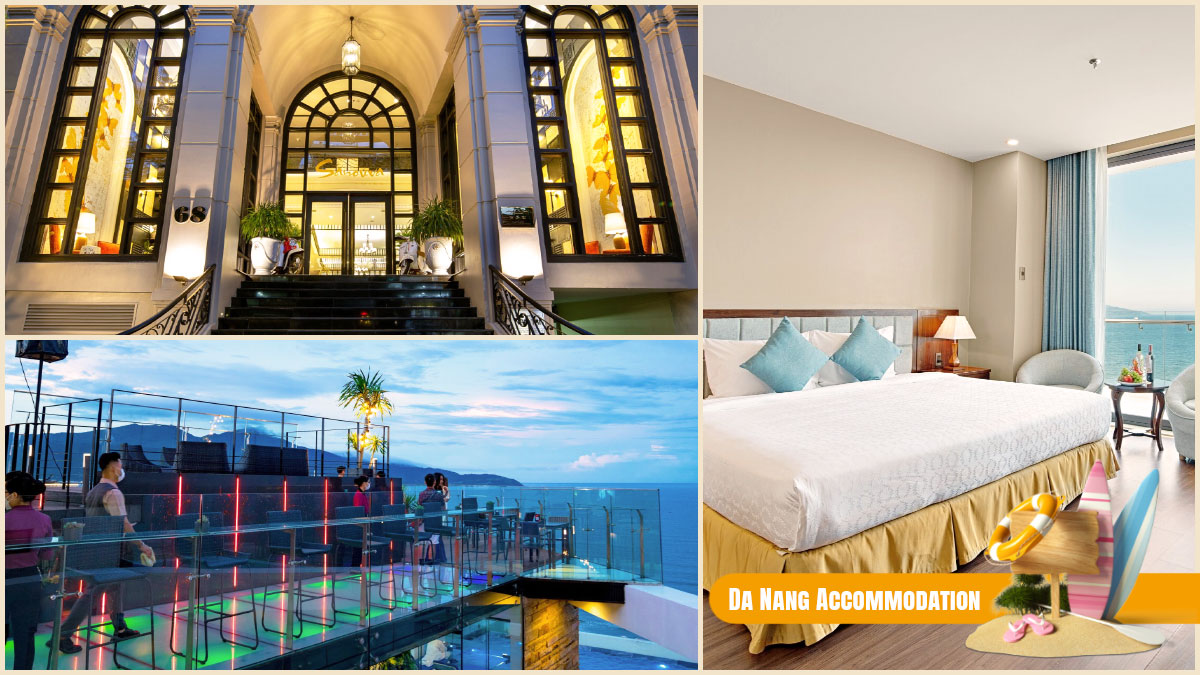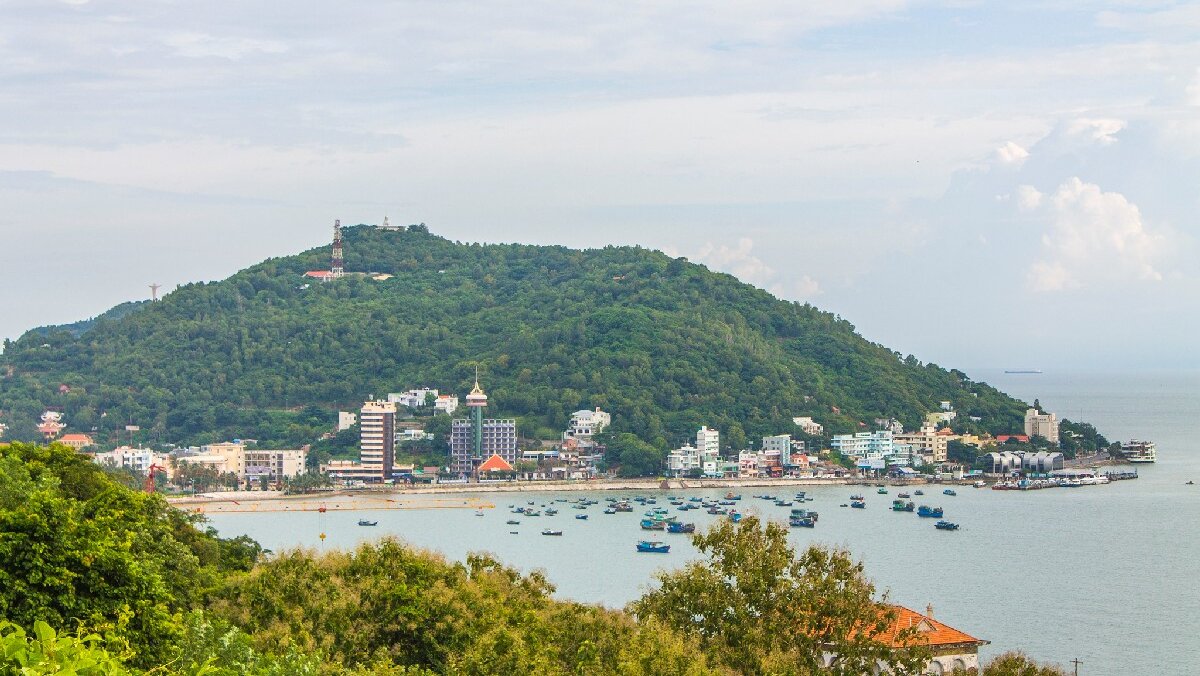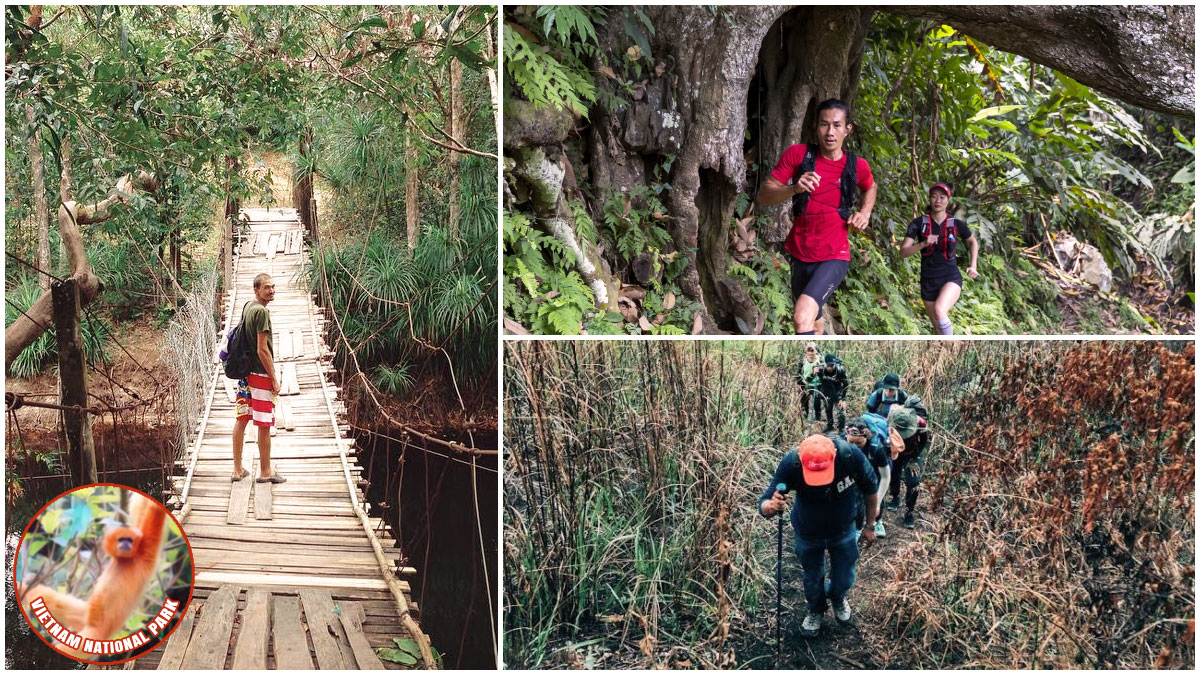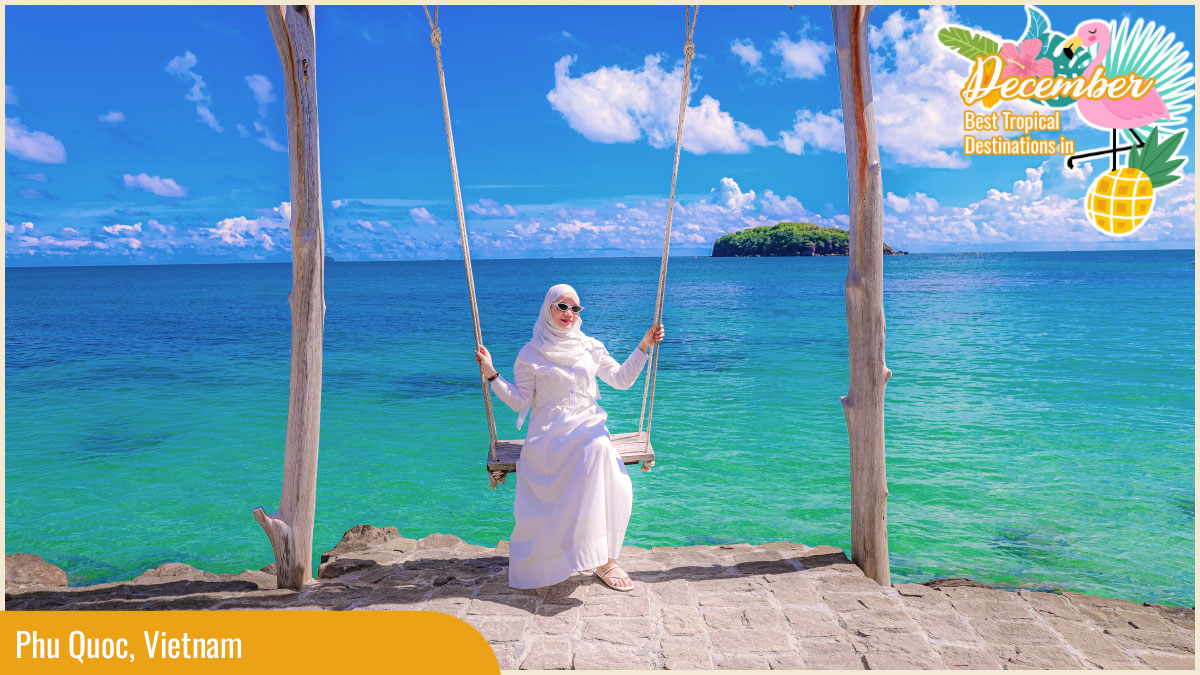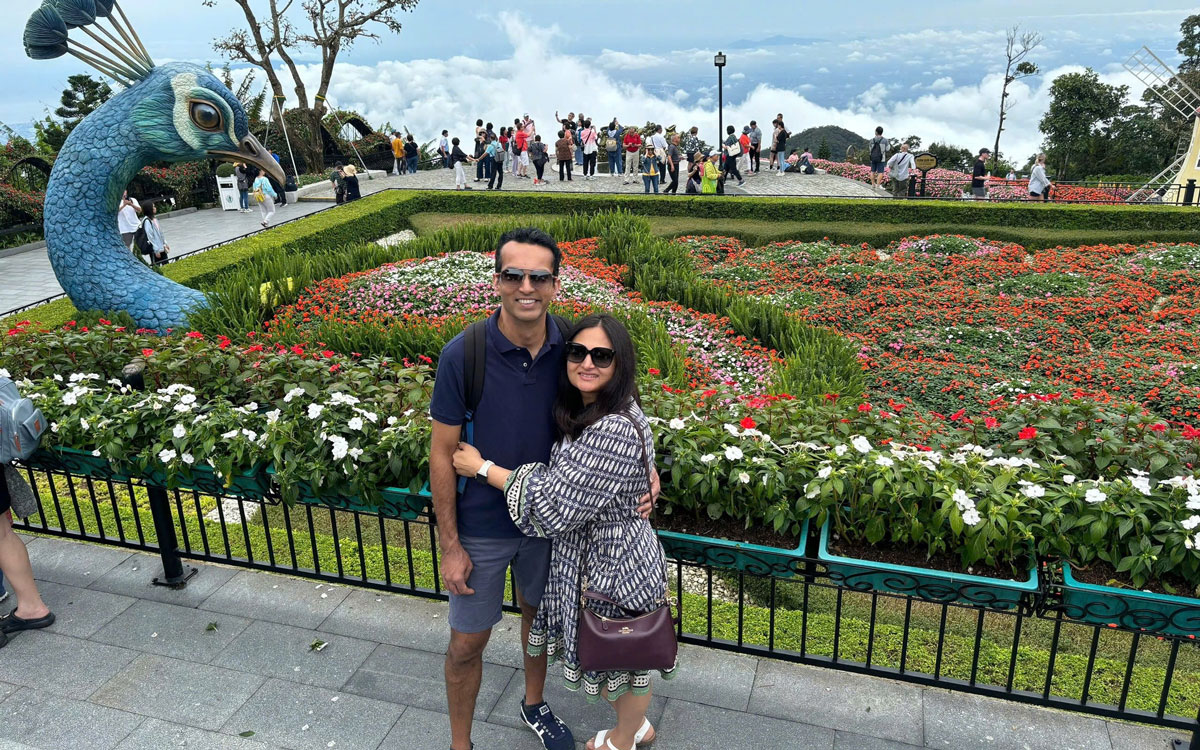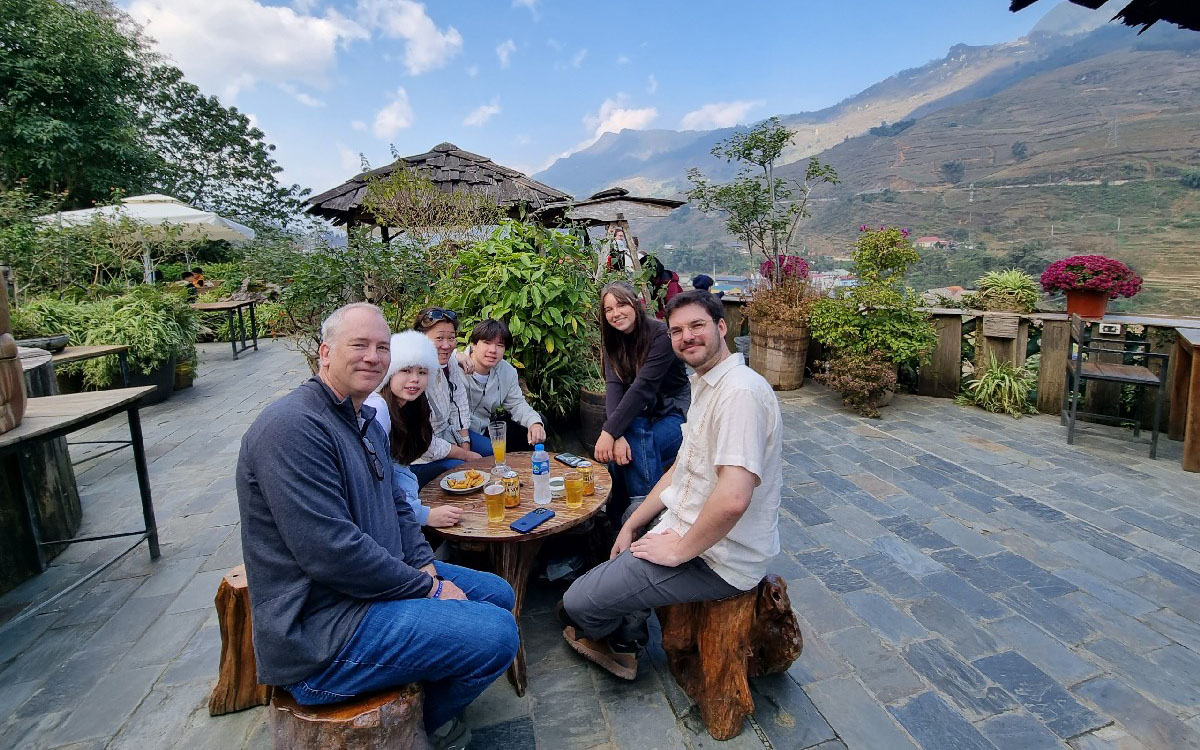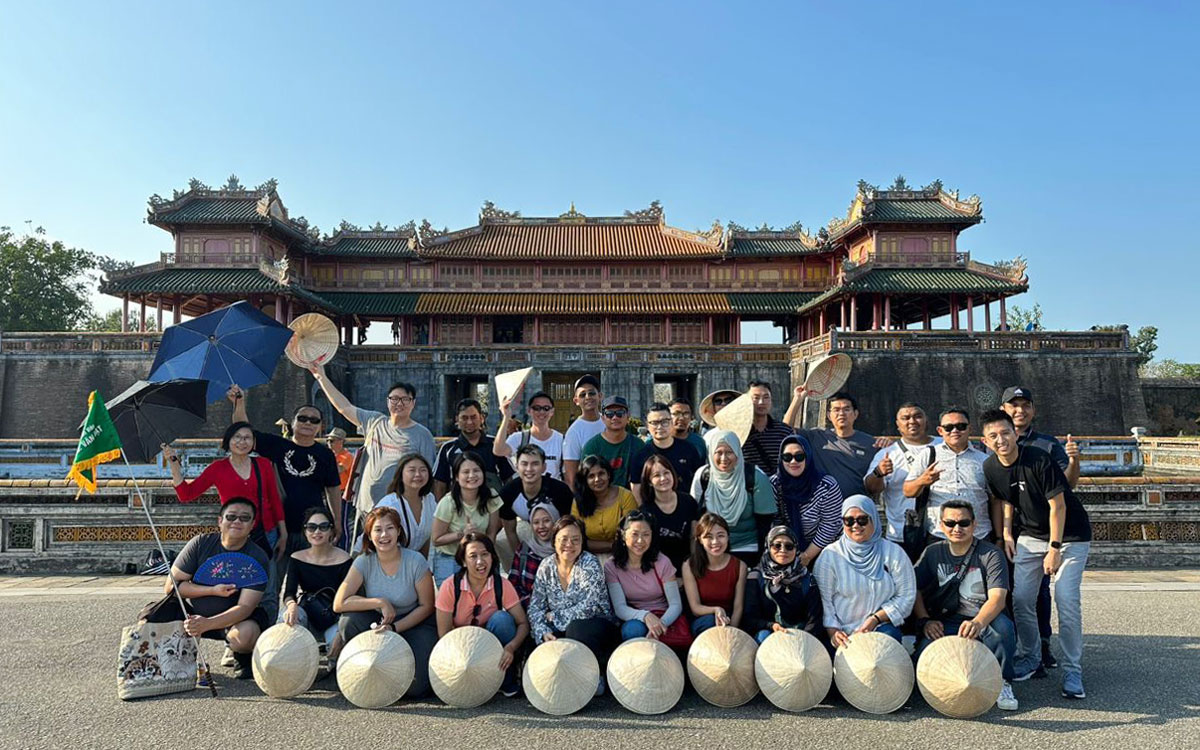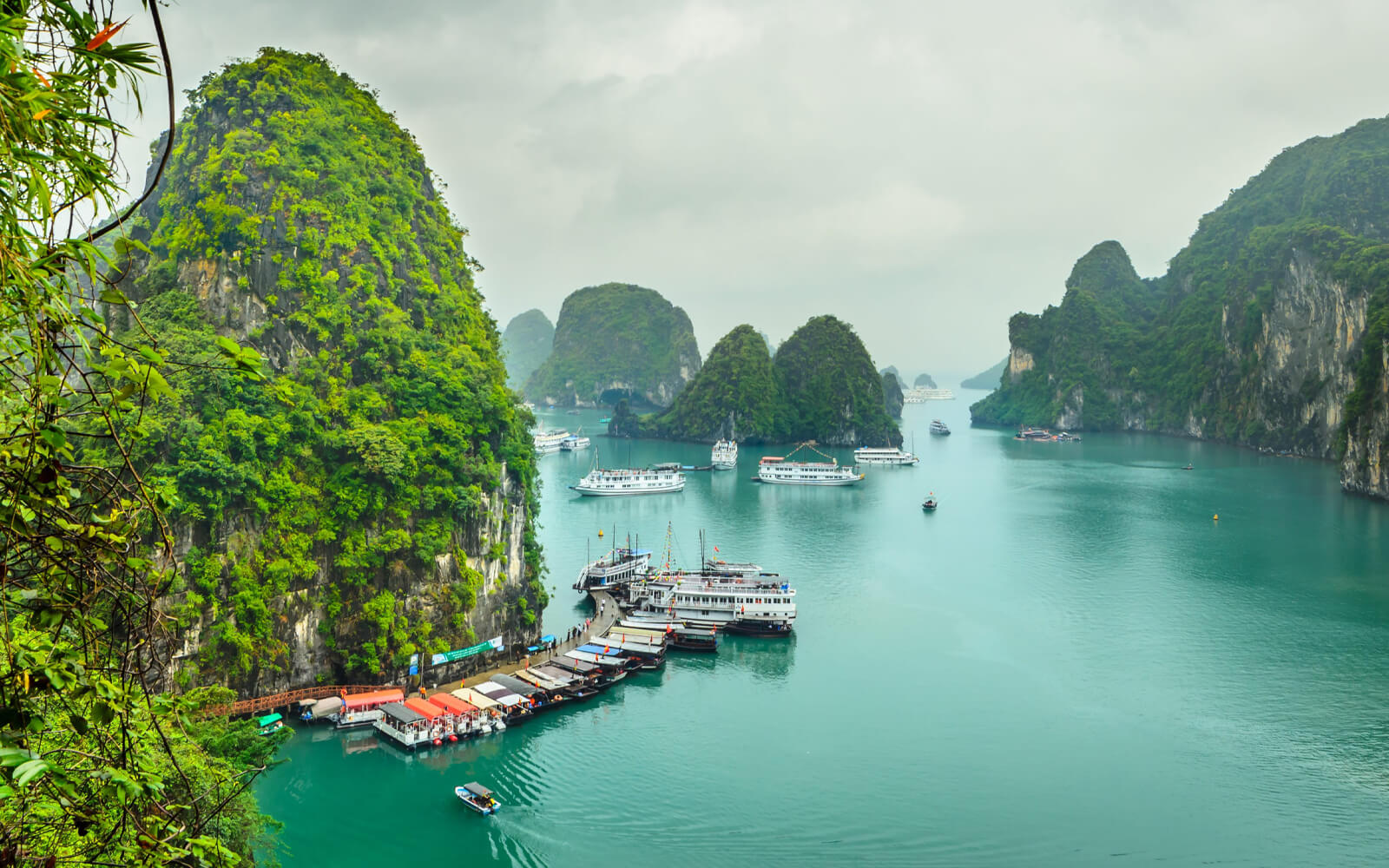Vietnam Entry Requirements: Essential Guide for 2025
Vietnam entry requirements: Learn about Vietnam visa requirements, e-visa application, entry documents, visa fees, and land border crossing rules.
Planning your Vietnam tour? Understanding the Vietnam entry requirements is essential for a smooth and hassle-free journey to this beautiful Southeast Asian country. Whether you're visiting for tourism, business, or other purposes, this comprehensive guide about Vietnam visa for foreigners will walk you through everything you need to know about entering Vietnam in 2025.
"The moment I stepped off the plane in Hanoi, I was greeted with warm smiles and efficient immigration officers. Having my visa prepared in advance made the entry process incredibly smooth, allowing me to start exploring Vietnam's wonders without delay." – Jessica, American travel blogger.
Understanding Vietnam Entry Requirements and Visa Options in 2025
Vietnam has significantly modernized its immigration system in recent years, making it more accessible for international travelers. In general, as of 2025, most foreign nationals are required to obtain a valid visa to enter Vietnam, although there are exceptions for citizens of certain countries under visa exemption agreements.
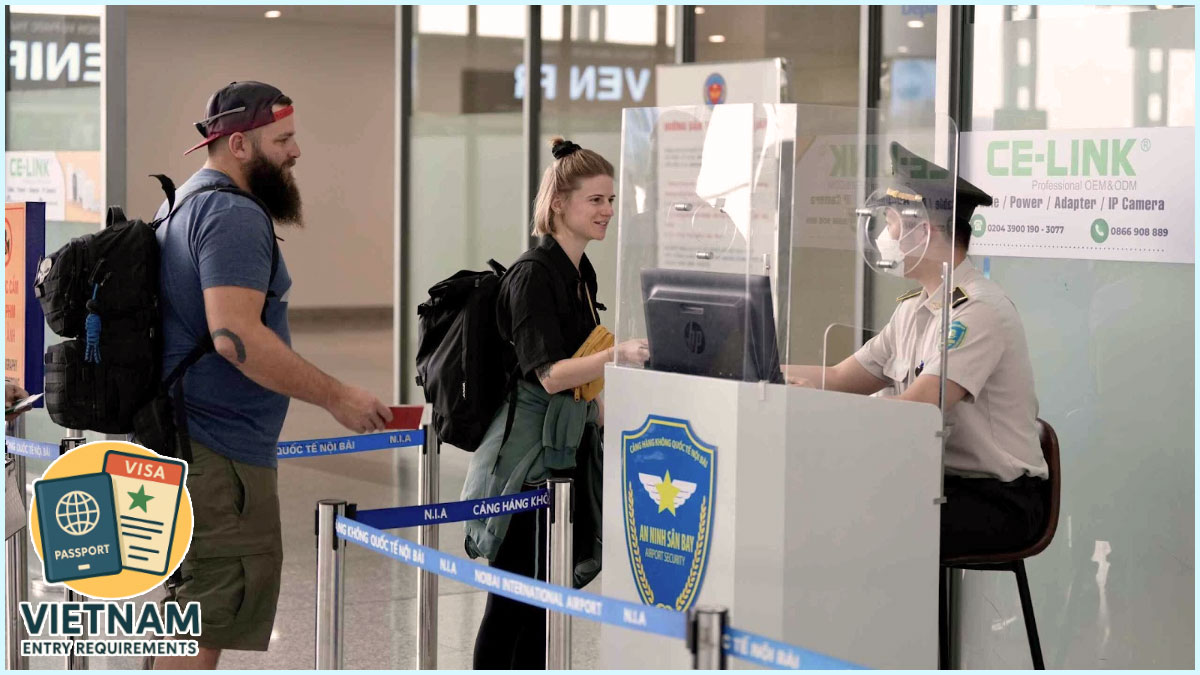
Overview of Vietnam Entry Requirements
Building on these efforts, in August 2023, the Vietnamese government introduced important updates to its immigration laws. These reforms—still in effect in 2025— were implemented to streamline the entry process and further enhance Vietnam’s appeal as a welcoming destination for international visitors.
Key requirements to enter Vietnam include:
- Your passport must be valid for at least six months beyond your intended stay.
- You must have at least one blank visa page.
- Entry without appropriate visa or pre-approval will result in denial.
- Always use the same passport for entry and exit.
Types of Vietnam Visas Available in 2025
In 2025, Vietnam offers several types of visas to accommodate the diverse needs of international travelers, ranging from short-term tourism to long-term business stays. The most common types include
- E-visa, which allows multiple entries and stays of up to 90 days;
- Visa on arrival (VOA), commonly used by tourists and business travelers entering through international airports;
- Visa exemption, available to citizens of specific countries for stays up to 45 days.
For longer or more specific purposes, such as employment, study, or investment, Vietnam also issues business visas (DN1, DN2), work visas (LD1, LD2), and student visas (DH). Understanding the available options and choosing the right visa type is essential for a smooth entry and stay in the country. To avoid delays or confusion, travelers should always check the latest Vietnam entry requirements before planning their trip.
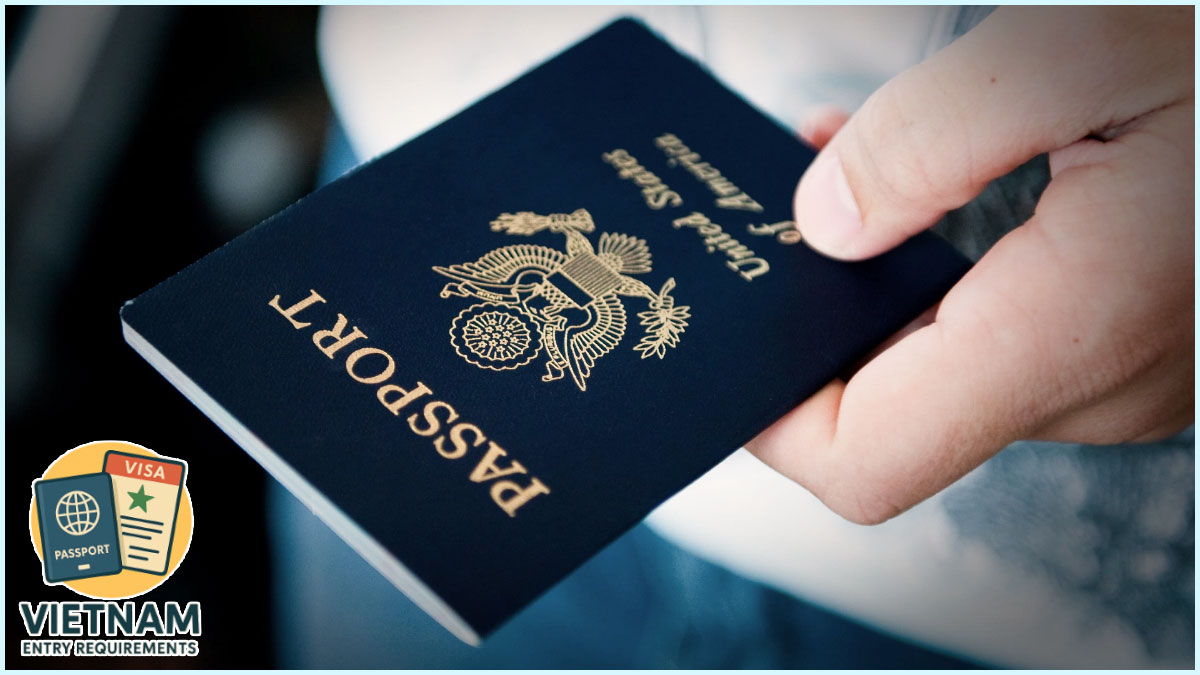
Vietnam Visa Requirements and Visa Types
Vietnam E-Visa Application
The e-visa system has been expanded significantly. Since August 15, 2023, Vietnam grants electronic visas to citizens of all countries and territories. This has made the visa application process much more convenient for international travelers.
Key features of Vietnam e-visa:
- Valid for up to 90 days
- Allows multiple entries
- Can be used at 13 airports, 16 border gates, and 13 sea gates across Vietnam
- Application is done entirely online
✅ Important: Be sure to choose multiple entry if needed — it is not granted by default.
Vietnam Visa on Arrival
Vietnam Visa on Arrival (VOA) is now limited in availability and primarily reserved for:
- Business travelers with sponsor letters
- Emergency cases approved in advance
This is no longer a general option for tourists.
To use VOA, travelers must complete a two-step process:
- Before departure: Apply online through a licensed agency to obtain a visa approval letter. You’ll need to provide personal details such as full name, date of birth, nationality, passport information, intended arrival date, and visa type. Approval letters are typically issued within 2 working days for standard service.
- Upon arrival at a Vietnamese international airport: Present your visa approval letter, original passport, two passport-sized photos, completed application form, and pay the stamping fee in cash (e.g., $25 for single-entry).
Important notes:
- Only valid at international airports
- Not valid at land or sea borders
- Requires a visa approval letter obtained through a licensed agency
✅ For most tourists, the e-visa is the preferred and recommended route.
"When I landed at Tan Son Nhat International Airport in Ho Chi Minh City, I was nervous about the visa on arrival process. But I found the visa counter immediately, handed over my approval letter, photos, and $25 fee, and within 15 minutes, I had my visa! The staff at the VOA counter were efficient and helpful." – Michael, Singaporean businessman.
Vietnam Visa Exemption Countries
Citizens of certain countries are exempt from visa requirements when entering Vietnam. According to Resolution No. 128/NQ-CP (effective from August 15, 2023), citizens of countries such as Germany, France, Italy, Spain, the United Kingdom, Russia, Japan, South Korea, Denmark, Sweden, Norway, Finland and Belarus can visit Vietnam for up to 45 days without a visa.
Visa-free ASEAN countries:
- Cambodia
- Indonesia
- Laos
- Malaysia
- Singapore
- Thailand
Citizens of these ASEAN countries are exempted from visa requirements for entry into Vietnam, with a maximum stay of 30 days.
If you are looking for information about Vietnam entry requirements, please note that visa exemption policies only apply to certain countries and may change over time. Therefore, always check the latest visa exemption list from official sources before planning your trip.
Required Documents and Vietnam Entry Requirements for Tourists
For those applying for a tourist visa to Vietnam in 2025, you will need to prepare the following documents:
- A valid passport with at least six months of validity and one blank page
- A completed visa application form
- Recent passport-sized photos (typically 4x6 cm)
- Proof of payment of visa fees
- Additional documents may be required depending on your nationality and purpose of visit
When entering Vietnam, all travelers must present:
- A valid passport with the appropriate visa or exemption status
- A completed immigration declaration form
- A return or onward ticket (which may be requested by immigration officers)
- Proof of sufficient funds for your stay (which may be requested)
The immigration process at Vietnamese airports is generally straightforward. After arriving, proceed to immigration control, present your documents, and have your biometric data collected if required.
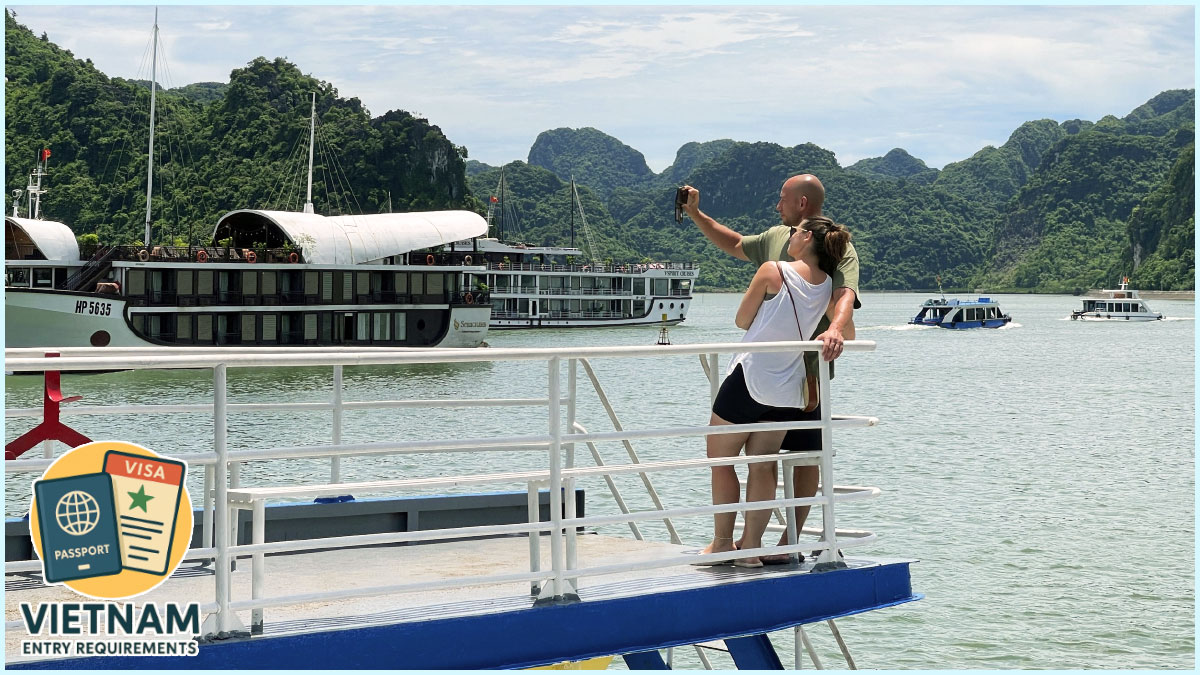
Required Documents and Vietnam Entry Requirements for Tourists
Vietnam Visa Fees in 2025
Visa fees vary depending on the type of visa and processing time:
E-Visa Fees:
- Paid online during application (non-refundable)
- Typical fee: $25 USD
Visa on Arrival Stamping Fees:
For visa on arrival stamping fees:
- Single entry visa: $25
- Multiple entry visa (up to 3 months): $50
- Multiple entry visa (3-6 months): $95
- Multiple entry visa (6 months to 1 year): $135
Additional service fees may apply when using visa agencies or expedited services.
Vietnam Land Border Crossing Requirements
If you plan to enter Vietnam by land in 2025, you'll need to ensure your visa allows entry at land border checkpoints. Not all visas permit land border entry, so verify this before planning your journey.
Popular international land border crossings include:
- Moc Bai (Vietnam-Cambodia border)
- Lao Cai (Vietnam-China border)
- Huu Nghi (Vietnam-China border)
- Bo Y (Vietnam-Laos border)
Note: Visa on arrival is not available at land borders.
"Crossing from Cambodia to Vietnam at the Moc Bai border was straightforward with my e-visa. I made sure my visa specifically allowed land border entry, printed all my documents, and the crossing took less than an hour. The border officials were professional and efficient." – David, American backpacker.
Vietnam Visa Processing Time
Processing times for Vietnam visas in 2025 typically range from:
- E-visa: 3-5 working days (standard processing)
- Visa on arrival approval letter: 2 working days (normal service)
- Embassy/consulate applications: 5-7 working days
Expedited services are available for urgent cases at additional cost. During peak tourist seasons like Lunar New Year, processing times may be longer, so apply well in advance of your planned travel date.
Vietnam Entry Requirements for US and Singapore Citizens
Here are the specific requirements to enter Vietnam for citizens of two countries: US and Singapore.
Vietnam Entry Requirements for US Citizens
American travelers need to pay special attention to Vietnam entry requirements for US citizens. As of 2025, US citizens must obtain a visa before traveling to Vietnam.
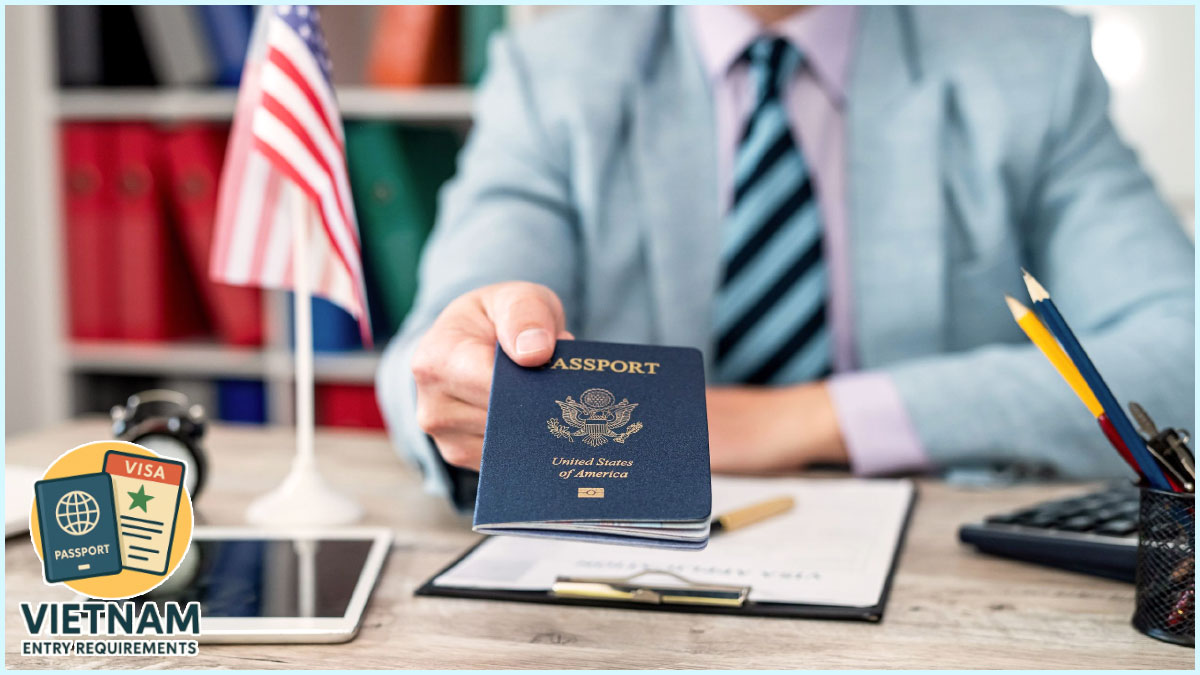
Vietnam Entry Requirements for US Citizens
Key requirements for US citizens include:
- Valid passport with at least six months validity beyond intended stay
- At least one blank visa page
- Appropriate visa for your travel purpose
- If planning to work in Vietnam, a work permit must be obtained before visa application
It's important to note that the US Mission in Vietnam cannot assist citizens who arrive without the required visas. Dual nationals should consult both the US Department of State and the Embassy of Vietnam for specific travel requirements.
!! For U.S. tourists, check the details of Vietnam visa entry requirements in this article >> Do US Citizens need a Visa for Vietnam? A Comprehensive Guide
Vietnam Visa for Singaporean Citizens
As of 2025, Singapore citizens can enjoy visa-free entry into Vietnam for up to 30 days for tourism or short business trips. This visa exemption makes Vietnam a convenient destination for Singaporean travelers.
Key notes for Singapore citizens include:
- Passport must be valid for at least six months from the date of entry
- The 30-day visa-free stay cannot be extended within Vietnam
- For stays longer than 30 days or purposes such as employment or study, a proper visa must be obtained in advance
Singaporean travelers are advised to check with the Vietnamese Embassy in Singapore or official Vietnamese government websites for any updates or changes to visa policies prior to departure.
Vietnam Visa Extension Rules
If you wish to stay in Vietnam longer than your initial visa allows, extensions are possible but must be arranged before your current visa expires. The process typically involves:
- Submitting an application to the Immigration Department
- Providing your passport, current visa, and completed extension form
- Paying the extension fee
- Processing typically takes 5-7 working days
Extensions are not guaranteed and depend on your visa type and reason for extension. Tourist visas can typically be extended once, while business visas may allow multiple extensions.
Vietnam Customs Regulations
When entering Vietnam, be aware of customs regulations:
- Currency: Amounts over $5,000 USD (or equivalent) must be declared
- Prohibited items: Narcotics, weapons, pornography, and political materials critical of Vietnam
- Restricted items: Certain medications may require documentation
"At Noi Bai Airport in Hanoi, I was randomly selected for a customs check. The process was quick and professional. I had declared my camera equipment in advance, which made the process smoother. The customs officer even recommended some great spots for photography in Vietnam!" – Sarah, professional photographer from Singapore.
Preparing for Your Trip to Vietnam
To ensure a smooth entry process:
- Apply for your visa well in advance
- Double-check all documentation requirements
- Make copies of important documents
- Have proof of onward travel and accommodation details
- Ensure your passport meets validity requirements
- Carry local currency for immediate expenses
"My first trip to Vietnam was almost derailed because I didn't check my passport's expiration date carefully enough-it was valid for only five months from my planned return date, not the required six. Luckily, I was able to expedite a new passport just in time. Learn from my mistake!" – Tom, American tourist.
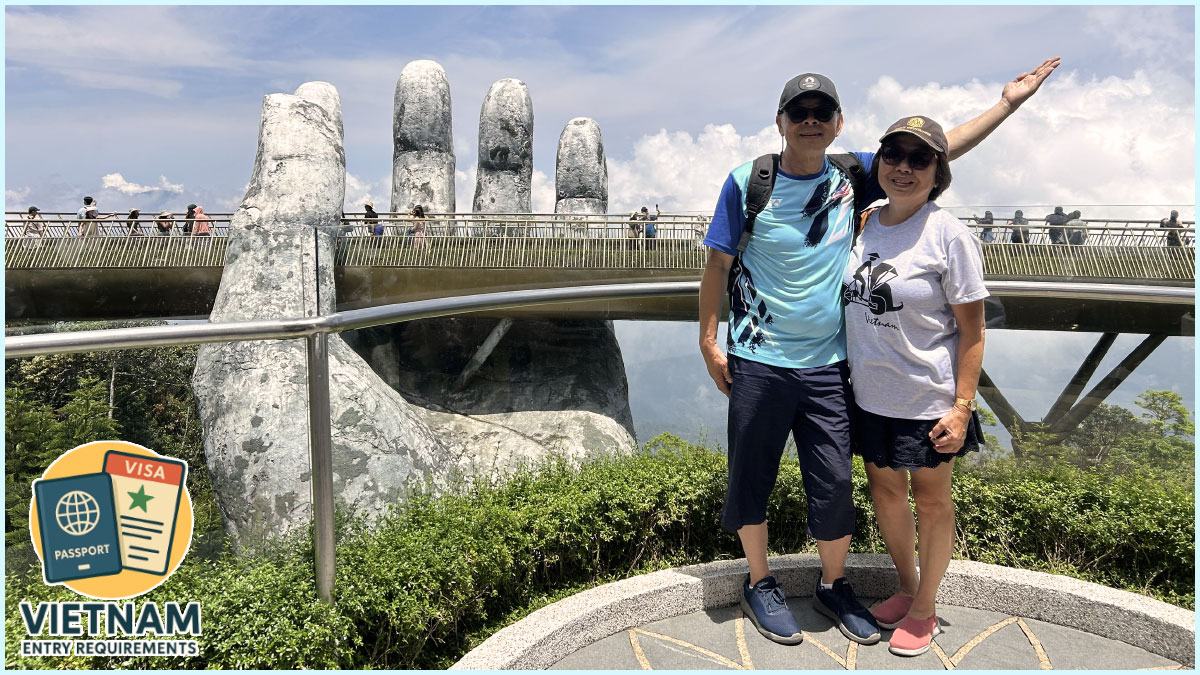
Navigate Vietnam Entry Requirements with Ease
FAQ: Common Questions About Vietnam Entry Requirements (2025)
Here are the most common questions travelers ask about Vietnam visa entry requirements, along with detailed answers.
1. Do I need a visa to enter Vietnam?
Yes, most travelers require a visa to enter Vietnam. However, citizens of some countries (including Singapore) are eligible for visa exemption for a limited stay (typically between 14 to 45 days). It’s important to check the latest updates from the Vietnam Embassy or government websites, as Vietnam entry requirements may change.
- Singapore passport holders: No visa required for visits of up to 30 days.
- US passport holders: Visa is required before entry.
2. Can I apply for a Vietnam e-visa?
Yes! As of August 15, 2023, Vietnam offers e-visas to citizens of all countries and territories. E-visas are valid for up to 90 days and allow multiple entries. You can apply online and receive the visa via email without visiting the embassy. This is one of the most convenient options under current Vietnam entry requirements.
3. Is visa on arrival (VOA) still available?
Yes, but only if you obtain a visa approval letter before flying. Here's how it works:
- Apply online through a travel agency to get a pre-approval letter
- Bring the letter, passport, passport photos, and cash to pay the visa fee upon arrival
- Valid only for air arrivals at international airports
VOA is a good option if you’re unable to get an e-visa in time, though it is not applicable for land or sea borders.
4. What documents do I need to enter Vietnam?
To enter Vietnam, make sure you have:
- A passport valid for at least 6 months from the entry date
- A valid visa or be visa-exempt
- A return ticket or proof of onward travel (may be asked at the airport)
- A completed entry declaration form (online or at the airport)
- Hotel bookings or accommodation details (recommended)
- Sufficient funds for your stay
5. How long does it take to get a visa?
Visa processing times vary:
- E-visa: 3–5 business days
- Visa on arrival (VOA): 2 business days to get the pre-approval letter
- Embassy visa: 5–7 business days
Apply early, especially during peak seasons (like Lunar New Year), to avoid delays.
6. Can I extend my visa once I’m in Vietnam?
Yes, visa extensions are possible in Vietnam, but not guaranteed. You can apply through:
- The Immigration Department in Vietnam
- A licensed travel agency
Not all visa types can be extended, and policies may change. Always check your visa’s expiration date to avoid overstaying, as overstays are serious violations of Vietnam entry requirements.
7. Can I enter Vietnam by land?
Yes. Vietnam shares land borders with China, Laos, and Cambodia, and there are several international checkpoints. However, not all border gates accept all visa types.
If you're using an e-visa, ensure the land border you plan to cross is listed as eligible on the official e-visa website. This detail is essential for travelers not flying into Vietnam.
8. What should U.S. citizens know about entering Vietnam?
If you hold a U.S. passport, here's what you need:
- A passport valid for at least 6 months
- A visa (e-visa, VOA, or embassy-issued)
- No VOA without a prior approval letter
- Follow customs regulations closely
It’s important to review the Vietnam entry requirements on the Vietnamese Embassy’s website in the U.S. before travel.
9. Are there customs rules I should be aware of?
Yes. When entering Vietnam, please note:
- Carrying more than USD 5,000 in cash must be declared
- No narcotics, weapons, or politically sensitive materials
- Prescription medications may be inspected — bring a doctor’s note
Failing to follow customs rules can delay or prevent your entry, so they’re an important part of Vietnam entry requirements.
10. What should I do if I have visa or entry problems?
If you experience issues like missing documents, invalid visa, or entry denial:
- Contact your airline or travel agency for help
- Call your home country’s embassy or consulate in Vietnam
- In emergencies, you may be required to leave immediately or change your travel plans
To avoid problems, always double-check your documents and confirm all Vietnam entry requirements before departure.
Conclusion and Final Advice
Understanding Vietnam entry requirements is essential for a successful trip to this beautiful country. The visa landscape has evolved significantly, with e-visas now available to citizens of all countries and territories, making the process more accessible than ever.
For the most reliable and up-to-date information:
- Check the official website of the Vietnamese embassy or consulate in your country
- Verify information through Vietnam's Immigration Department
- Consider consulting with a reputable local DMC such as Asia Legend Travel, especially if your case is complex or urgent
With proper preparation and the right documentation, entry into Vietnam in 2025 should be a straightforward process, allowing you to focus on enjoying all the wonderful experiences this diverse and fascinating country has to offer.
✨ Looking for the perfect introduction to Vietnam?
Explore our bestselling "Highlights of Vietnam – 15 Days 14 Nights Itinerary", covering Halong Bay, Hanoi, Ninh Binh, Hoi An, Hue, Ho Chi Minh City, and the Mekong Delta. Stress-free, immersive, and fully guided—let us show you the best of Vietnam from north to south.
"After visiting 30+ countries, I can say that Vietnam's entry process in 2025 is one of the most improved systems I've experienced. From applying for my e-visa online to the efficient immigration process at Da Nang International Airport, everything was designed with the traveler in mind. Don't let visa concerns keep you from experiencing Vietnam's incredible beauty and culture!" – Maria, world traveler.

